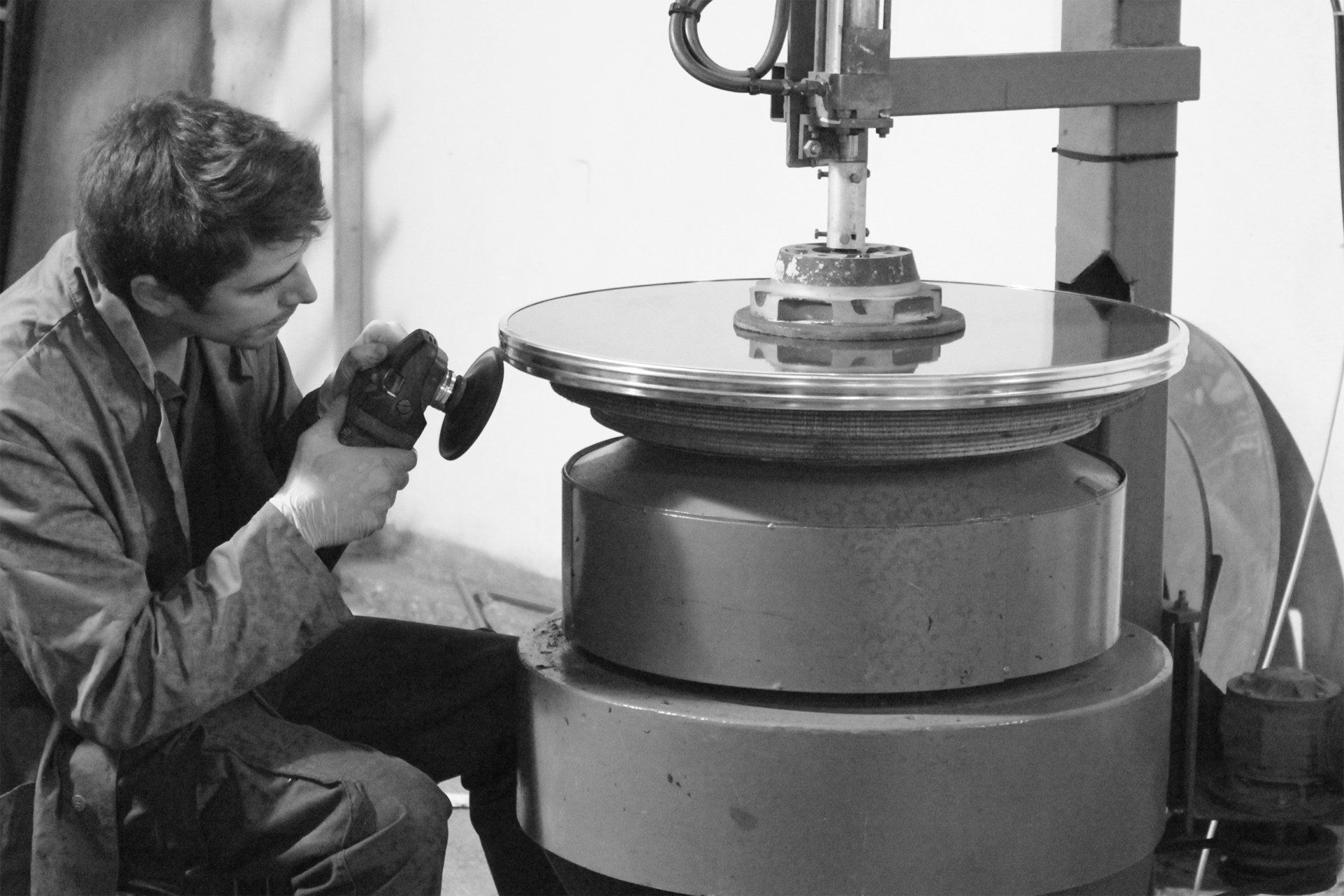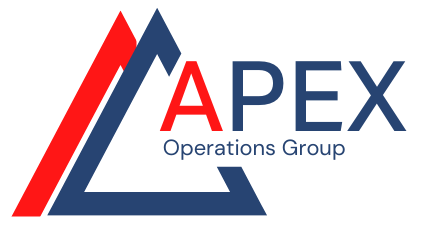Prevent Defects & Increase Trust.

Maintaining a high level of product quality and customer satisfaction is paramount to success for any small business. One tool that can significantly contribute to achieving these goals is the implementation of a Non-Conformance Reporting (NCR) process.
An NCR process empowers your business to identify, address, and prevent defects, ultimately leading to improved efficiency, enhanced customer trust, and increased profitability.
Understanding NCR: The Basics
Non-Conformance Reporting (NCR) is a systematic approach to identifying and addressing instances where a product, process, or service does not meet the specified requirements or standards. It involves reporting and documenting deviations, defects, or discrepancies that occur during various stages of production, service delivery, or business operations.
The main goal of an NCR process is to identify the root causes of non-conformances and take corrective and preventive actions to eliminate the possibility of those issues recurring in the future. By doing so, businesses can improve their products, processes, and services while minimizing the risk of defects and customer dissatisfaction.
The Benefits of a Robust NCR Process
Implementing a robust NCR process offers several key benefits to small businesses:
Improved Quality Control: NCR processes enable you to quickly identify and address quality issues, preventing them from escalating and negatively impacting your products or services.
Enhanced Customer Satisfaction: Consistently delivering high-quality products or services builds trust and satisfaction among your customers, leading to increased loyalty and positive word-of-mouth.
Cost Savings: Early detection and resolution of non-conformances reduce the costs associated with rework, scrap, customer returns, and potential legal liabilities.
Process Efficiency: Identifying and rectifying issues in your processes enhances their efficiency, leading to smoother operations and reduced wastage of time and resources.
Data-Driven Decision Making: NCR data provides valuable insights into recurring issues, helping you make informed decisions for continuous improvement.
Getting Started with NCR Process Implementation
Assessment and Planning: Evaluate your current processes to identify areas prone to non-conformances. Develop a plan outlining the steps you'll take to implement the NCR process.
Clear Documentation: Create clear guidelines for employees to report non-conformances, ensuring they include all relevant details about the issue.
Root Cause Analysis: When an NCR is reported, conduct a thorough investigation to determine the root cause. This step is crucial for implementing effective corrective and preventive actions.
Corrective Actions: Develop and implement immediate corrective actions to address the current issue and prevent its recurrence. These actions may include rework, process adjustments, or additional training.
Preventive Actions: Implement measures to prevent similar issues from arising in the future. This might involve process enhancements, training programs, or regular audits.
Monitoring and Review: Regularly review NCR data to identify trends, recurring issues, and the effectiveness of implemented actions. Adjust your processes as necessary.
Employee Training: Educate your employees about the importance of NCR processes and how to report non-conformances accurately. Their participation is vital for a successful implementation.
Continuous Improvement: Use the insights gained from NCR data to continuously refine your processes and enhance overall quality.
Implementing a Non-Conformance Reporting (NCR) process can be a game-changer, helping you identify and address issues before they escalate, enhancing customer satisfaction, and driving operational efficiency. By following the steps outlined above, you can establish a robust NCR process that contributes to the growth and success of your business. Quality isn't just a goal; it's a journey that requires dedication and continuous improvement.
Ready to Implement Your Own NCR Process? Schedule a Free Consultation Now


